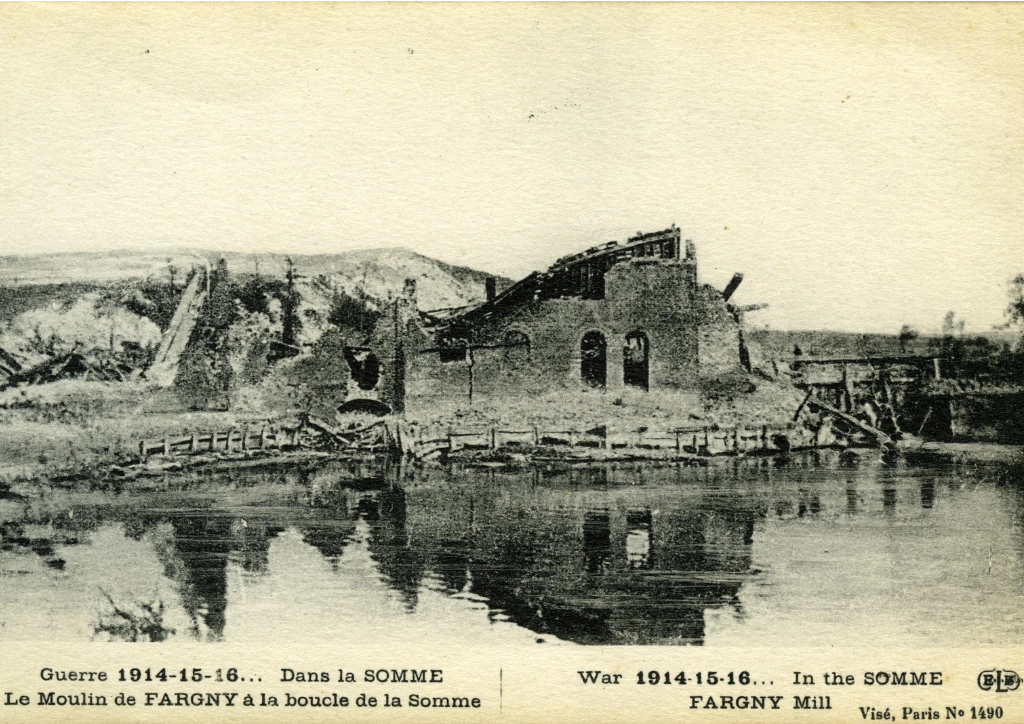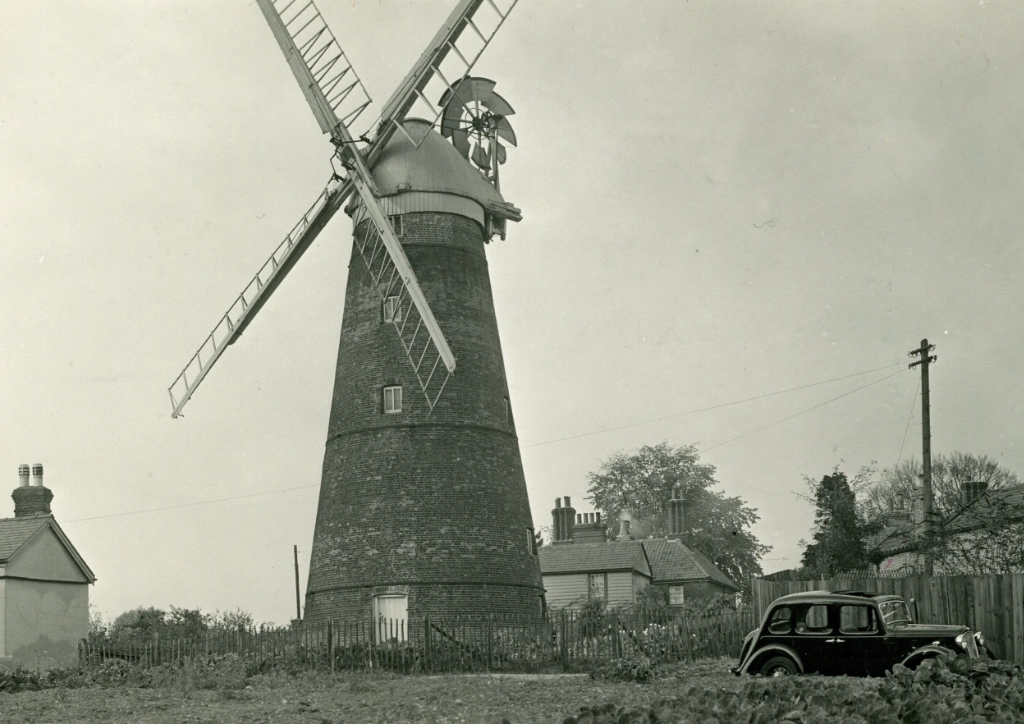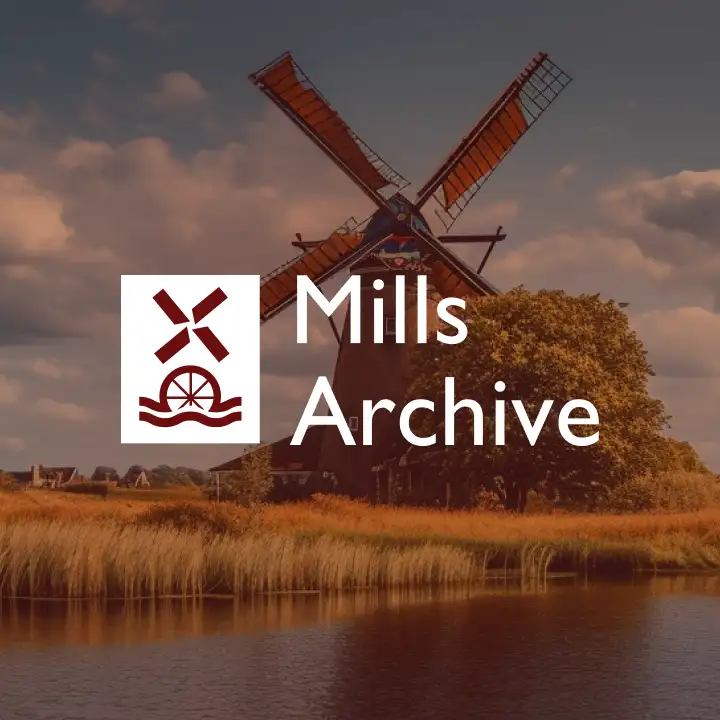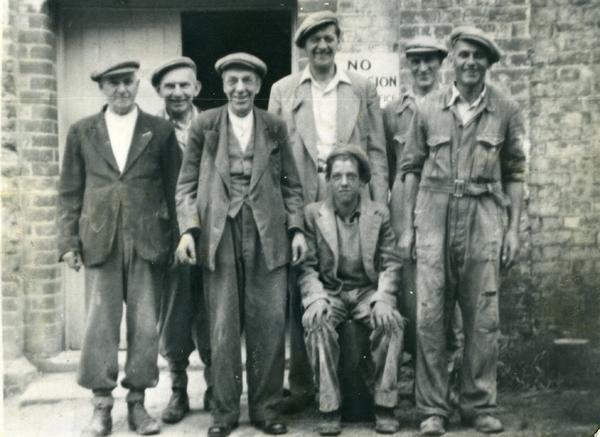
This Gun Who is this man,This man who holds a gun?His gun is differentYet, it is the same…His has a...

The mill in 1880 with the miller in the doorway REXW-ESS-73-06 Stansted windmill stands in the village of Stansted Mountfitchet in...

October, 1886: After a hard day at work you are asleep in your bed, the chill of the autumn day...


How can one woman’s fight to preserve watermills in the 1940s define two different heritage institutions, multiple important archival collections...

At the Mills Archive we recently made our first foray into delivery online webinars, on the topic of caring for...

The magazine ‘As you like it’ was created for the staff of Joseph Rank Ltd in the 1920s. They provide...


Starlina Rose How women are discussed in the articles and advertisements in the Northwestern Miller throughout the 1930s is invariably...

Since November 2023, I have been working as the Renewable Energy Intern at the Mills Archive Trust. My main project...
Catgerories